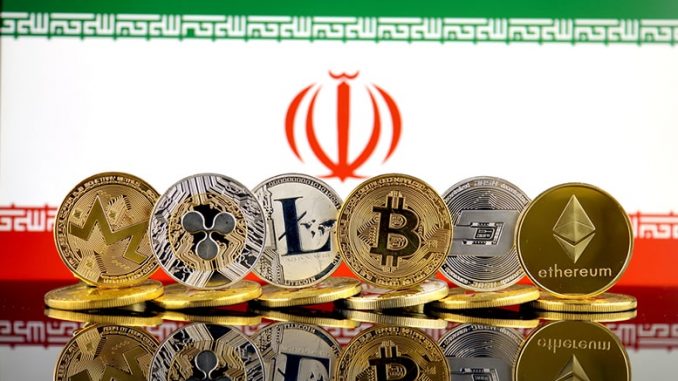It is common knowledge that the US has imposed heavy

It is common knowledge that the US has imposed heavy sanctions on Iran. However, Iran has done all it could to evade these sanctions and cripple the impact of these restrictions. But the U.S. Financial Crimes Enforcement Network (FinCEN) is not happy with Iran’s use of cryptocurrencies to bypass the sanctions. As of Thursday, Oct 11, the agency has released an advisory statement to,
“help U.S. financial institutions (particularly banks; money services businesses (MSBs), such as virtual currency administrators and exchangers; and dealers in precious metals, stones, and jewels) better detect potentially illicit transactions related to the Islamic Republic of Iran.”
Due to US restrictions on Iran, the country was slapped with an universal prohibition from acquiring US dollar banknotes. However, Iran went ahead and released their plans to launch the country’s own state backed cryptocurrency. According to the US, Iran’s crypto activities pose a significant threat to financial institutions across the world and this directive is a part of the “systemic” Anti-Money Laundering/Combating the Financing of Terrorism (AML/CFT).
According to the FinCEN directive, despite Iran’s Central Bank’s ban on domestic financial institutions from trading in cryptocurrencies, a lot of internet avenues are available for potential investors to access crypto platforms and exchanges. The following have been listed under, “Iran-located, Internet-based virtual currency exchanges”, “U.S.- or other third country-based virtual currency exchanges,” and “peer-to-peer (P2P) exchangers.”
Despite the country’s relatively small expenditure in crypto, FinCEN warns institutions that crypto is
“an emerging payment system that may provide potential avenues for individuals and entities to evade sanctions.”
The agency has recommended exchanges to keep a track of blockchain ledgers that originate or terminate in Iran, since these ledgers could prove to be vital evidence if any conflict arises. The agency also recommends using blockchain intelligence tools to track IP login activity from Iran-based entities by acquiring
“technical details such as IP addresses with time stamps, device identifiers, and indicators of compromise that can provide helpful information to authorities.”
The draft of the national crypto project has been finalized according to Iran’s National Cyberspace Center which could emerge as a national tool for bypassing international sanctions imposed by US and other foreign contries.
